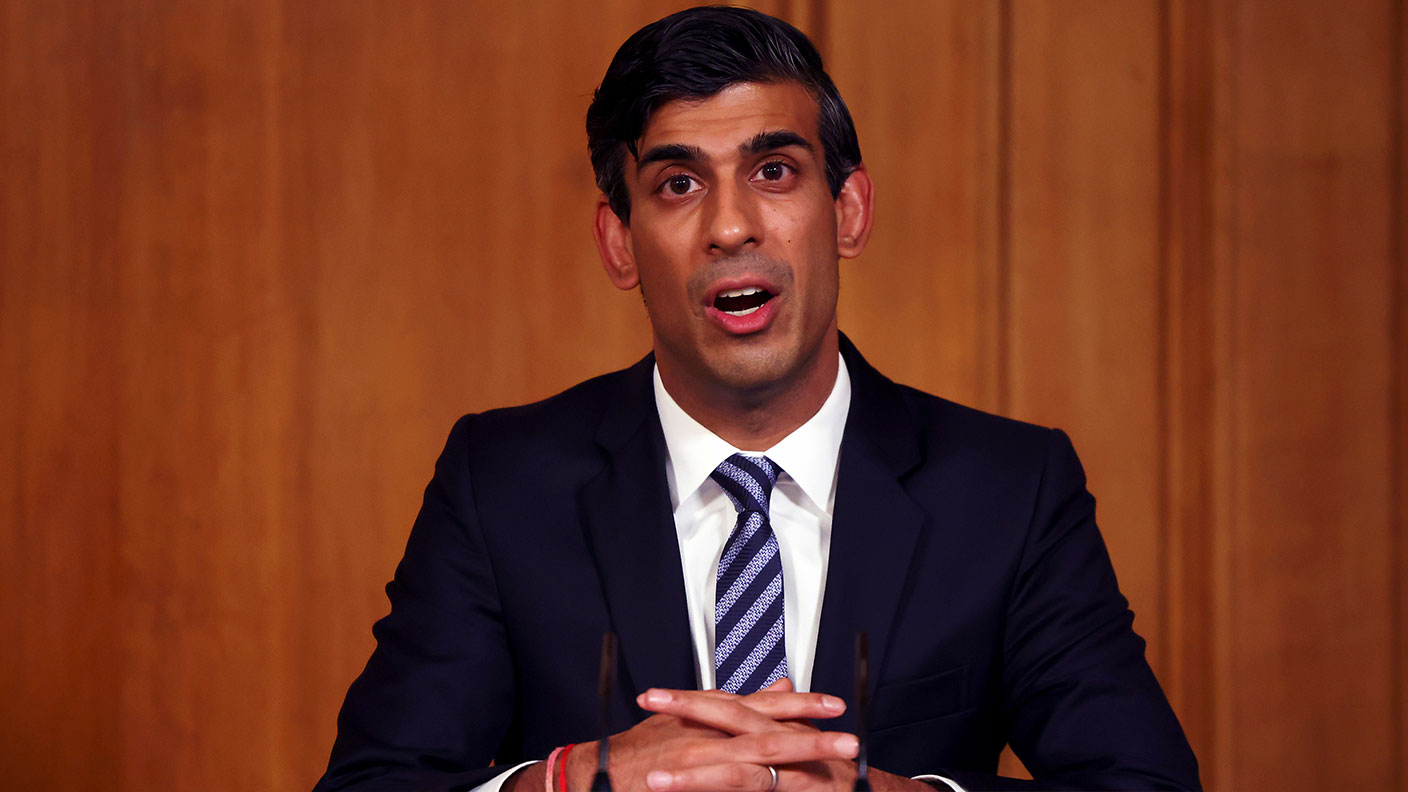HMRC has recovered an estimated £1.39bn in unpaid inheritance tax (IHT) during the past five years, according to new figures obtained by NFU Mutual.
The financial advice firm suggested that collections in the last financial year have also climbed by 14% on 2023 levels.
Since 2019, HMRC has launched investigations into the estates of over 19,800 deceased individuals where underpayment of IHT has been suspected.
The amount of IHT recovered following investigations increased to £285m in 2023/24, up from £251m in the previous year, and comes at a time when the total amount of IHT collected reached a new annual high of £7.5bn.
In cases where there is suspicion that IHT has been underpaid through error, omission or undervaluing assets, HMRC has substantial investigate powers and will check a range of sources to build a picture of the deceased individual’s financial affairs.
Chartered financial planner at NFU Mutual, Sean McCann, said that this could include analysing bank statements to identify income which may suggest the existence of undisclosed assets such as investments or property or significant foreign currency transactions.
“HMRC leaves no stone unturned in these investigations,” McCann said. “For example, they will look at outgoings such as gifts made in the seven years before death, or premiums for life insurance policies which if not written in trust will form part of the taxable estate.
“In addition, the interest rate you pay on overdue inheritance tax stands at 7.75%, which is the highest rate for 30 years, and can add a significant amount to the bill. This can compound what for many is already a challenging and distressing situation.
“With the £325,000 nil-rate band and the £175,000 residence nil-rate band frozen until 2028, more families will be caught in the inheritance tax net with ever increasing bills for those affected.”
The figures also revealed that while the sums collected from IHT investigations is increasing, the number of new cases opened is declining, reducing by 46% compared to 2019.
However, McCann said that this doesn’t mean a change in tack from the authorities.
“Investigations can take months and occasionally years to complete, and therefore the £285m recovered in 2023/24 may be from enquiries opened in earlier years,” he added. “The lower number of investigations seems to suggest that they are becoming more targeted and forensic in nature.
“The revenue recovered through these investigations is significant and the rising value of assets and the potential sums at stake would appear to justify HMRC spending time looking at individual cases.
“IHT remains one of the most feared and least understood taxes, which many parties will likely seek to address in their manifestos as we head towards the General Election on 4 July.”
Latest News
Perenna and the long-term fixed mortgage market

Content editor, Dan McGrath, spoke to head of product, proposition and distribution at Perenna, John Davison, to explore the long-term fixed mortgage market, the role that Perenna plays in this sector and the impact of the recent Autumn Budget
The role of the bridging market and technology usage in the industry
Content editor, Dan McGrath, sat down with chief operating officer at Black & White Bridging, Damien Druce, and head of development finance at Empire Global Finance, Pete Williams, to explore the role of the bridging sector, the role of AI across the industry and how the property market has fared in the Labour Government’s first year in office.
NEW BUILD IN FOCUS - NEW EPISODE OF THE MORTGAGE INSIDER PODCAST, OUT NOW

Figures from the National House-Building Council saw Q1 2025 register a 36% increase in new homes built across the UK compared with the same period last year, representing a striking development for the first-time buyer market. But with the higher cost of building, ongoing planning challenges and new and changing regulations, how sustainable is this growth? And what does it mean for brokers?
Does the North-South divide still exist in the UK housing market?

What do the most expensive parts of the country reveal about shifting demand? And why is the Manchester housing market now outperforming many southern counterparts?
In this episode of the Barclays Mortgage Insider Podcast, host Phil Spencer is joined by Lucian Cook, Head of Research at Savills, and Ross Jones, founder of Home Financial and Evolve Commercial Finance, to explore how regional trends are redefining the UK housing, mortgage and buy-to-let markets.
In this episode of the Barclays Mortgage Insider Podcast, host Phil Spencer is joined by Lucian Cook, Head of Research at Savills, and Ross Jones, founder of Home Financial and Evolve Commercial Finance, to explore how regional trends are redefining the UK housing, mortgage and buy-to-let markets.
© 2019 Perspective Publishing Privacy & Cookies










Recent Stories